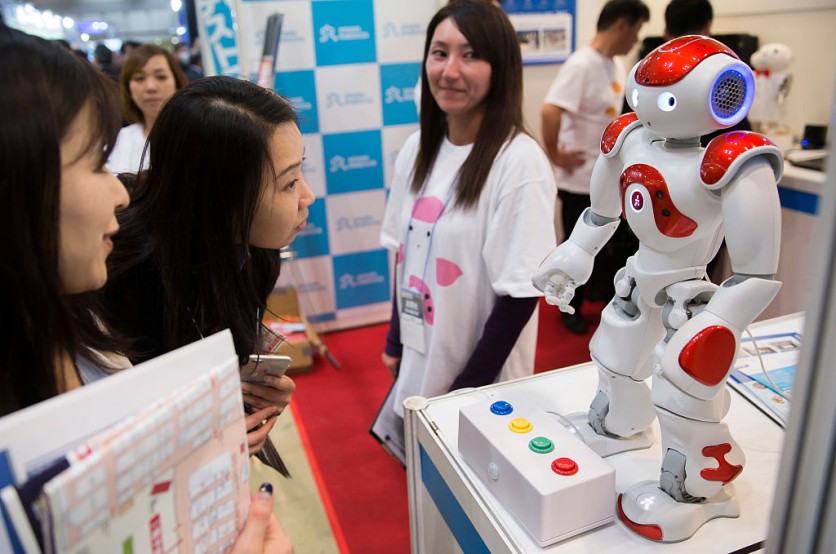A group of researchers from Cambridge University has recently found out that a robot can help children open up their feelings easily during a mental health assessment.
It might sound like it is taken from a sci-fi picture, but this child-sized machine can know if a young individual needs professional mental health support.
Humanoid Robot Can Assess Children's Mental Health

At first glance, the Nao robot resembles the usual robots you can watch on television. You can imagine Wall-E while looking at it, minus its ability to collect every waste humans dump on the planet.
According to a report by The Guardian, this small machine has only one job to do: provide as much comfort to the children. Of course, as young people, some children have not yet established their strength to talk to other people, especially when it comes to sensitive issues like mental health.
Based on the study conducted by Cambridge University researchers, the children are comfortable sharing their thoughts with their parents when the robot asks them a question.
Additionally, some experts said that this study could pave the way to improve the overall healthcare system in some countries. As such, it can be a substitute for the current tools in the industry--away from the traditional techniques of mental health evaluation.
As per Nida Itrat Abbasi, a study's current Ph.D. student, the children might perceive the robot as their "confidante" because of its friendly size. With that being said, they feel comfortable sharing their secrets with the machine.
"Other researchers have found that children are more likely to divulge private information - like that they're being bullied, for example - to a robot than they would be to an adult," Abbasi said.
Related Article : Humanoid Robots May Help Treat Patients With Social Phobia
How the Researchers Assess Children's Mental Health Thru Nao
As per Bloomberg, the researchers conducted a 45-minute session for each child participant. Meanwhile, the people behind the study and the parents are just watching nearby the area.
Before the experiment kicks off, the online questionnaires are given away to the children and their parents. This would help the researchers to have a pre-assessment of the child's mental health.
Throughout the session, the youngsters are allowed to speak to the robot. They could interact with Nao, explore its body, and click anything, including its sensors.
After a brief session, the researchers found out that the participants enjoyed speaking with Nao. They also discovered that some children shared confidential information that they had not shared on the questionnaire or in person.
Regarding the use of robots in mental health tests, Dr. Mico Spitale said that this wouldn't mean replacing the work of mental health professionals. This only opens up the possibility that they can use robots to identify the children's mental health issues since the participants are comfortable speaking to Nao.
In the future, the researchers will explore adding the number of participants. They want to know if the same results will be produced if the interaction takes place virtually.
Last year, a study revealed that robotic pets could improve the overall behavior of patients with dementia.
Read Also : Humanoid Robot Ameca Could Perfectly Mimick Human-like Facial Expressions But Can it Walk or Run?
This article is owned by Tech Times
Written by Joseph Henry
ⓒ 2026 TECHTIMES.com All rights reserved. Do not reproduce without permission.




